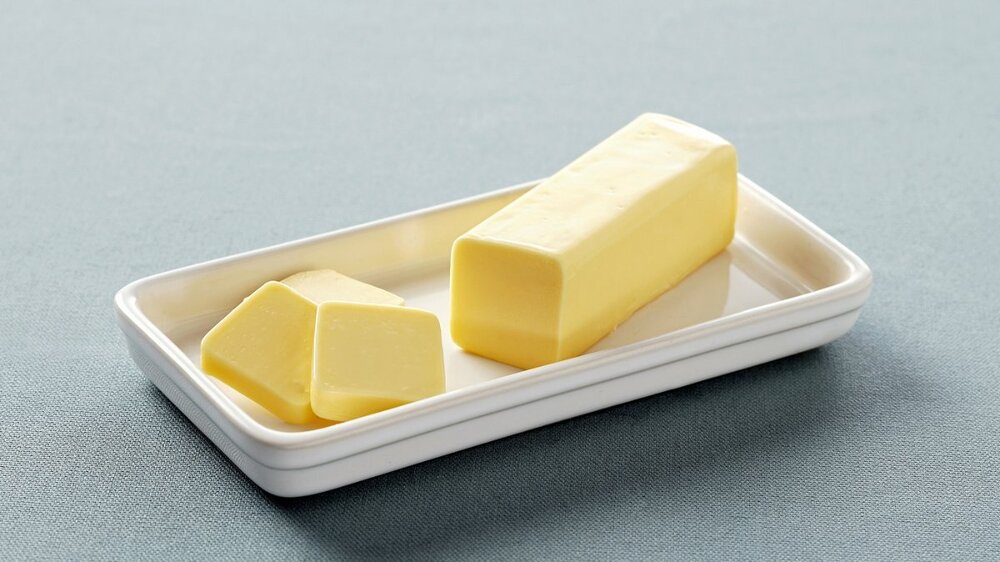If you are like most people, you probably use seed oils for cooking, baking, or dressing your salads. You may think that seed oils are healthy and beneficial for your heart, but the truth is that they are one of the worst things you can put in your body. In this article, we will explain why seed oils are evil, how they harm your health, and what you can use instead.
What are seed oils?
Seed oils are processed oils that are industrially extracted from the seeds of genetically modified plants, such as soybean, corn, sunflower, safflower, canola, cottonseed, grapeseed, and rice bran. Throughout human history, we didn’t consume any of these oils, commonly known as vegetable oils. Vegetable seed oil was first introduced into the American diet in the early 1900s by Procter & Gamble, who used cottonseed oil, which was considered a toxic waste product, to make cheaper soap and cooking oil. They chemically altered it into a solid fat resembling lard and marketed it as Crisco in 1911. Later, the invention of the hydrogenation process led to the creation of trans fats and led to the development of margarine and vegetable shortening. Today, the average person consumes an average of 6 tablespoons (80 grams) per day.
These vegetable oils aren’t actually derived from vegetables, nor do they bear any resemblance to the plants and seeds from which they were produced. These seed oils are highly processed and refined using heat, chemicals, or pressure, which can result in damaging, harmful byproducts, such as trans fats and lipid peroxides. They are commonly used in the food industry for cooking, baking, and as a base for processed foods. Unfortunately, they also harm your health.
Why are seed oils harmful to your health?
 Seed oils are harmful and should be eliminated from your diet, for several reasons:
Seed oils are harmful and should be eliminated from your diet, for several reasons:
Seed oils are too high in omega-6 fatty acids, which can promote inflammation and oxidative stress. Too many omega-6 fatty acids can cause an imbalance with omega-3 fatty acids. Omega-6 and omega-3 fatty acids have different roles in the body and can balance each other out when consumed in a proper ratio.
Omega-6 fatty acids are polyunsaturated fatty acids found in seed oils. Omega-3 fatty acids, on the other hand, are found in foods derived from animal sources. An appropriate ratio of omega-6 to omega-3 consumption would be a 1:1 ratio, and this is pretty much what everyone’s ratio use to be prior to the 1900s. In recent times though, this ratio is on average 20:1 and often even higher, demonstrating that the consumption of vegetable seed oil is unnatural. This distorted ratio causes chronic inflammation, which is linked to various health problems such as heart disease, obesity, diabetes, cancer, and autoimmune disorders.
Seed oils may contain traces of pesticides, herbicides, solvents, or hexane, which are used during the extraction process. When polyunsaturated fats are oxidized they produce toxic substances, which can be carcinogenic for the body and the environment. These substances have been linked to health issues such as cancer, chronic pulmonary disease, asthma, and cardiovascular disease.
Seed oils have a high smoke point, which means they can withstand high temperatures without burning. Many restaurants use it in their deep fryers for frying, and manufacturers will use it for baking. When seed oils are heated above their smoke point, they can produce free radicals and aldehydes, which are reactive molecules that can damage the cells and DNA.
These oils contain trans fats, and can be found in fried foods such as fried chicken, French fries, and donuts, as well as in baked goods such as cookies, cakes, and pies. You will also find seed oils and trans fats in some non-dairy creamers, microwave popcorn, and even hiding in frozen pizzas.
Seed oils can suppress the function of the thyroid gland at all levels of your thyroid hormone pathway. Your thyroid regulates your metabolism and hormone production. Seed oils can inhibit the conversion of thyroid hormones from their inactive to their active form, which can lead to hypothyroidism or low thyroid function. Hypothyroidism can cause symptoms such as fatigue, weight gain, depression, hair loss, and cold intolerance.
What to use instead?
If you want to avoid the evils of seed oil, you should replace them with healthier alternatives that are natural and unprocessed. Some of the best options are:
Coconut oil is a superfood with many health-promoting properties. Coconut oil is a saturated fat that is stable and resistant to oxidation. It has a high smoke point and a mild flavor that is suitable for cooking and baking. Coconut oil contains medium-chain triglycerides (MCTs), which are easily digested and used for energy by the body. Coconut oil also has antimicrobial, antifungal, and antiviral properties that can boost the immune system.
Olive oil has been a part of the human diet for thousands of years. Olive oil is a monounsaturated fat that is rich in antioxidants and anti-inflammatory compounds. It has a low smoke point and a fruity flavor that is ideal for salad dressings or drizzling over cooked foods. Olive oil can lower LDL (bad) cholesterol and triglycerides and raise HDL (good) cholesterol. Extra Virgin Olive Oil also contains a natural phenolic compound called oleocanthal, which has similar effects as ibuprofen in reducing pain and inflammation.
 Butter and Ghee are natural animal fats that are delicious and nutritious. It has a moderate smoke point and a creamy flavor that enhances the taste of any dish. Butter contains vitamins A, D, E, and K2, which are essential for vision, bone health, skin health, and blood clotting. Butter also contains butyrate, which is a short-chain fatty acid that feeds the good bacteria in the gut and improves digestion. Butter and ghee contain conjugated linoleic acid, a type of fatty acid with anti-cancer and metabolic health-promoting properties. Ghee in particular is safe for those with dairy sensitivities.
Butter and Ghee are natural animal fats that are delicious and nutritious. It has a moderate smoke point and a creamy flavor that enhances the taste of any dish. Butter contains vitamins A, D, E, and K2, which are essential for vision, bone health, skin health, and blood clotting. Butter also contains butyrate, which is a short-chain fatty acid that feeds the good bacteria in the gut and improves digestion. Butter and ghee contain conjugated linoleic acid, a type of fatty acid with anti-cancer and metabolic health-promoting properties. Ghee in particular is safe for those with dairy sensitivities.
Other acceptable fats are tallow, lard, MCT oil, and bacon grease.
In Summary...
Clearly, vegetable seed oils are a danger to your health. They are highly processed and refined using heat, chemicals, or pressure. They contain too much omega-6 fatty acids and are highly inflammatory and can cause oxidative stress when consumed in excess or in imbalance with omega-3 fatty acids. You should avoid seed oils and use healthier alternatives such as coconut oil, olive oil, or butter.
By ditching the seed oils and switching to the natural oils, you can improve your health and well-being and enjoy your food more. That’s why on a carnivore diet, ketovore diet, or true keto diet, it is recommended to eliminate vegetable oils from your diet. Use animal fats instead for cooking because they are highly stable and resist oxidation even at extreme cooking temperatures.



Recommended Comments